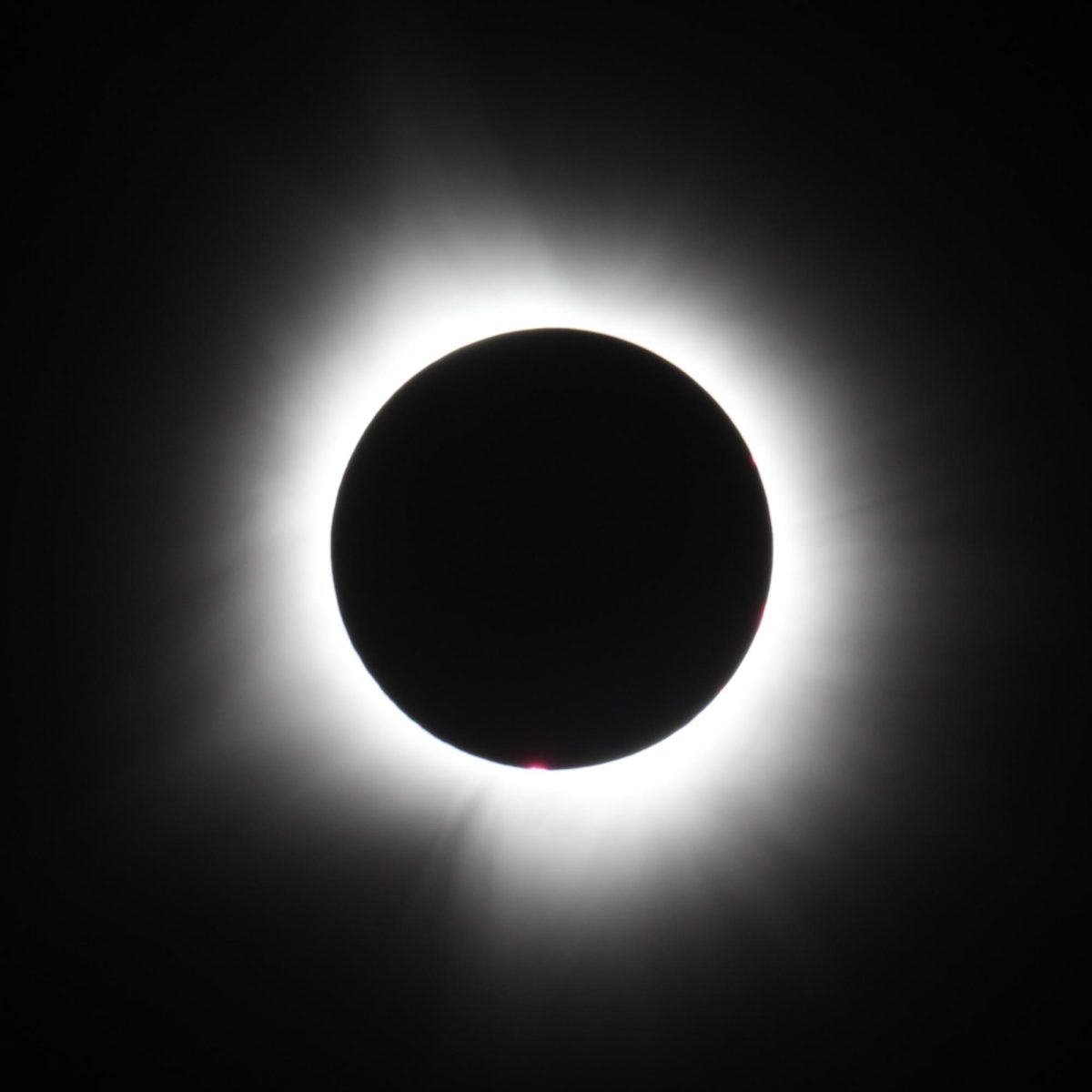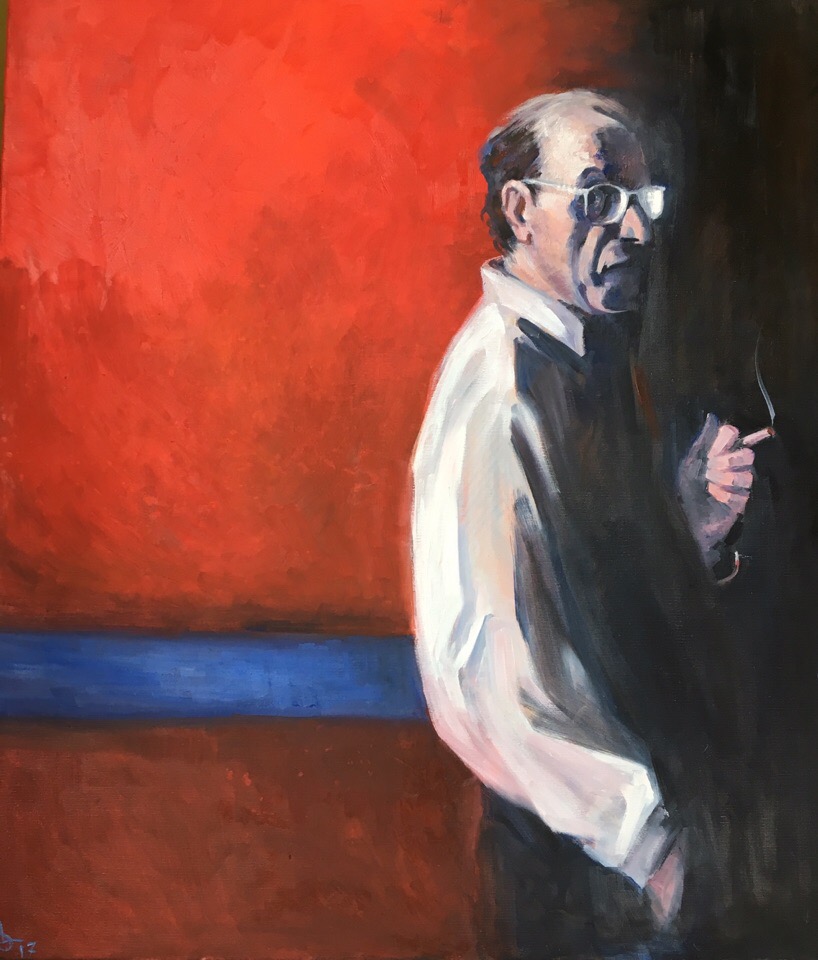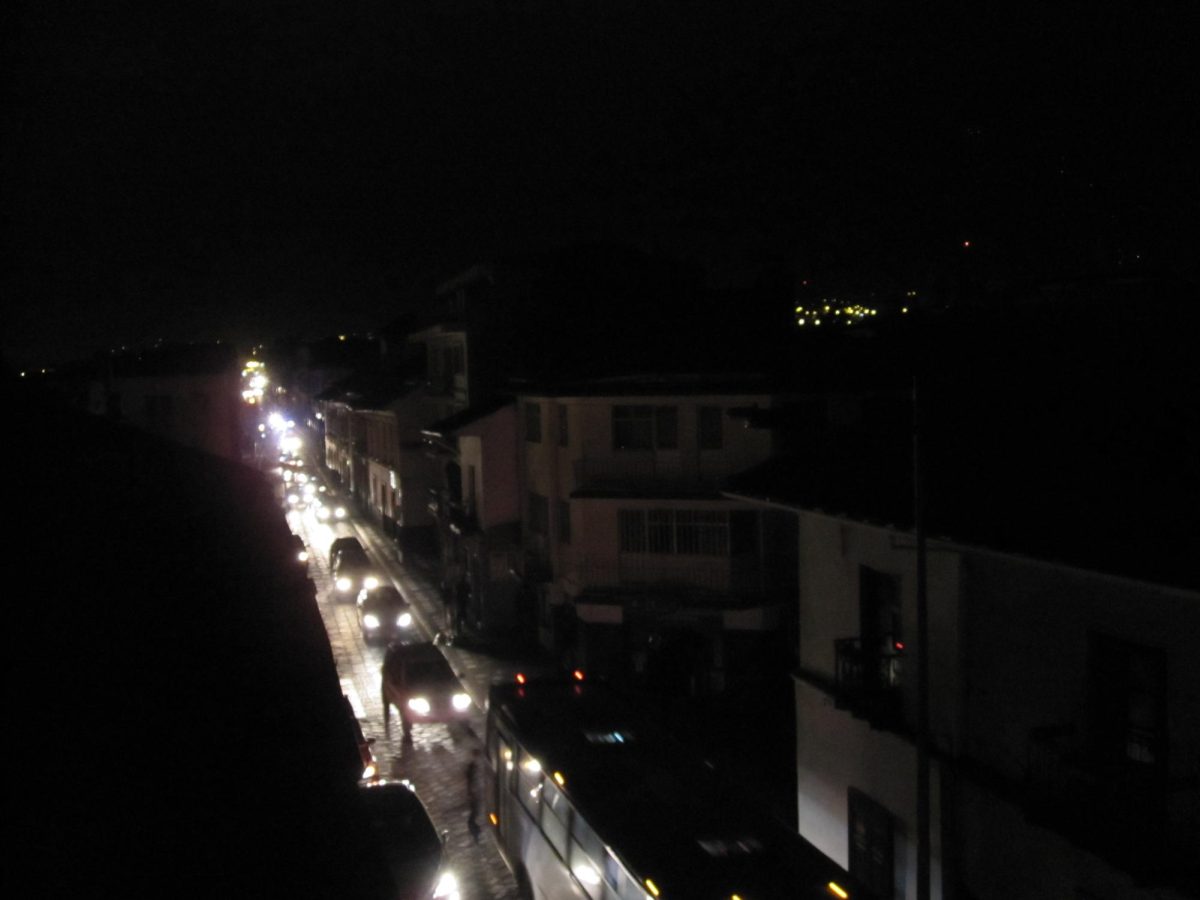Can the eclipse make you go blind if you look at the sun? On April 8, 2024, a total solar eclipse will pass down on parts of Mexico, the United States, and Canada; it happens when the sun, moon, and Earth all align in a specific way in space. When this happens, a narrow stretch of the Earth goes temporarily dark. The moon will be blocking the sun and casting night-like darkness over Earth for approximately 4 minutes. The viewing path is so narrow because of the massive distance and size of the sun, along with the moon’s distance from Earth. The eclipse will start in Texas around 1:27 p.m. CDT and end in Maine at 3:35 P.M. EDT.
Because the moon doesn’t revolve around the same plane as the sun and Earth, total eclipses rarely occur. A solar eclipse can also only occur with a new moon. The next visible total solar eclipse is going to pass down on Earth in nearly 2 decades in 2044; thousands of people travel to see this rare phenomenon. Texas is said to be the best place to watch the totality.
To physically see the moon partially block the sun, you’ll have to wear specific eclipse glasses; they are protective eyewear that filters all but 0.003% of visible light and block out most ultraviolet and infrared as well. “Such filters usually have a thin layer of aluminum, chromium, or silver deposited on their surfaces that attenuates ultraviolet, visible, and infrared energy,” NASA’s eye safety page explains. During the eclipse, even sunglasses are not enough to protect your eyes. If you look at the sun without proper eye gear, you could permanently damage your retina; it could even cause blindness, called solar retinopathy. “It can burn a hole into the back part of your eye culture, retina,” said Dr. Seth Laster, “which can cause a little black spot in your vision.”
While you can find them in a multitude of places, people have found the glasses at locations such as 7-Eleven, Walmart, and Target. Free eclipse glasses are given away at Sonic Drive-In locations when customers buy their new Blackout Sonic Float drink.
Some experts are warning people to not travel to watch the eclipse, but it might be for a different reason than you think. “An estimated 20 million people in the U.S. traveled away from home to another city to view the eclipse, resulting in substantial road traffic. We hypothesized that the eclipse was associated with increased risks of a fatal car crash,” researchers have said. During the last solar eclipse in 2017, reports found that the U.S. saw a brief but significant increase in fatal crashes.
While this is an extremely rare occurring totality, safety always comes first.







